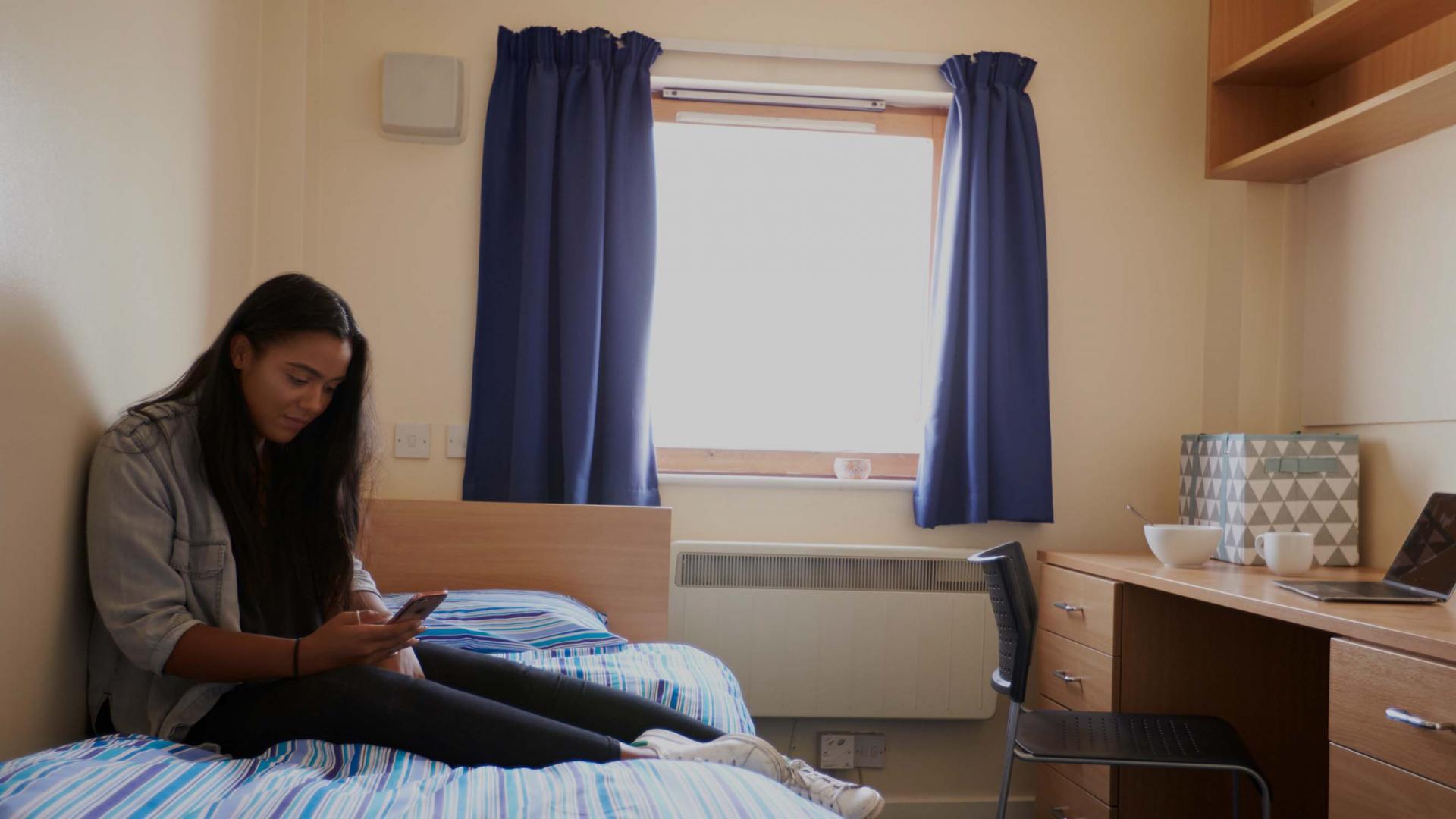Even high-achieving pupils from disadvantaged backgrounds miss out on some university opportunities – but mentoring programmes can help
Recent IFS work shows that students from disadvantaged backgrounds see some of the largest financial benefits from going on to university. But these students are also less likely to attend university than their better-off peers who get exactly the same grades as them. And, even among students with the same grades attending the same HE programme, those from disadvantaged backgrounds still on average go on to earn less.
Disadvantaged students face many additional barriers to accessing higher education and high-paying jobs, including a lack of information and role models; reduced access to the social and professional networks that can help smooth the way; financial barriers that make it harder to spend three years studying rather than working full-time or investing in an unpaid internship; and, potentially, discrimination by employers. These issues all predate the pandemic, but the widening of educational and labour market inequalities over the last year suggests that the situation is unlikely to have improved.
No one intervention will be able to address such a wide-ranging set of barriers. But new IFS research, published today in two reports, suggests that a combined programme of mentorship, networking and practical support can help talented but disadvantaged young people to access top-tier universities. This in turn could eventually help these graduates enter high-status professional jobs.
Evaluating the Aspiring Professionals Programme
In this research, we evaluate the Aspiring Professionals Programme (APP). This programme, run by the Social Mobility Foundation, aims to support talented but disadvantaged young people as they navigate their post-GCSE transitions. The APP has four strands: mentorship, advice on university applications, internships in professional industries, and skills development workshops. Pupils who are predicted to earn at least ABB grades at A level apply for the programme at age 16-17. Participants then receive support throughout their education, until graduate employment.
In our evaluation, we compare the outcomes of APP participants with outcomes for a matched comparison group of similar pupils. We select these similar pupils based on a rich set of characteristics, such as their subjects and grades at GCSE and the disadvantage of their local neighbourhood. By accounting for detailed information about pupils’ academic and social background, we aim to construct a comparison group that is as similar as possible to the APP participants; however, we cannot rule out that differences remain in characteristics that are not in our data, such as motivation or career aspirations.
Because the APP programme is targeted at very high-achieving young people – those predicted to achieve ABB or above at A-level – our comparison group is also very high-achieving. Around 80% of comparison students attended university.
Educational impacts of mentorship and support
Despite the high benchmark of university participation, participating in the APP had a major impact on pupils. For the 2009 cohort, APP participants were 18 percentage points more likely to go on to university. As the programme grew and became less selective, its benefits lessened; even so, for the 2013 and 2014 cohorts (the latest cohorts we consider), APP participants were around 9 percentage points more likely to go on to university.
In addition, among students who did go on to university, APP participants were around 5 percentage points more likely to attend high-status Russell Group universities. That effect is on the same scale as the existing inequality by free school meals eligibility in Russell Group participaton among white students with at least three A grades at A-level.
What does this mean for policymakers?
Decades of research into social mobility have made it clear that improving educational results is enormously important for equalising access to universities and, eventually, to professional jobs. However, it is equally clear that education on its own is not enough to solve all of the social mobility challenges that England faces.
This research supports the idea that mentorship matters for disadvantaged students. This builds on evidence from Germany, the United States, and other countries that mentorship for disadvantaged students can support academic performance and help students into work. While much of the existing evidence looks at the role of mentorship in reducing crime and risky behaviour, the APP instead shows that support for high-achieving young people can help these talented pupils to reach their full potential.
While this research is based on the experiences of young people in the years before the COVID-19 pandemic (and only for those with high prior attainment), it can also help policymakers today to think about how to respond to the current crisis. Our research complements the existing evidence on tutoring (to help pupils catch up academically) with evidence on the role that mentorship (targeting a broader range of outcomes) can play in helping a group of high-achieving but disadvantaged young people. Crucially, in our full report we also provide suggestions for how such interventions could be evaluated. With the scale of the challenge facing children and young people in the years ahead, it is more important than ever to consider how programmes and policies can best support young people as they navigate these early academic and labour market transitions.










